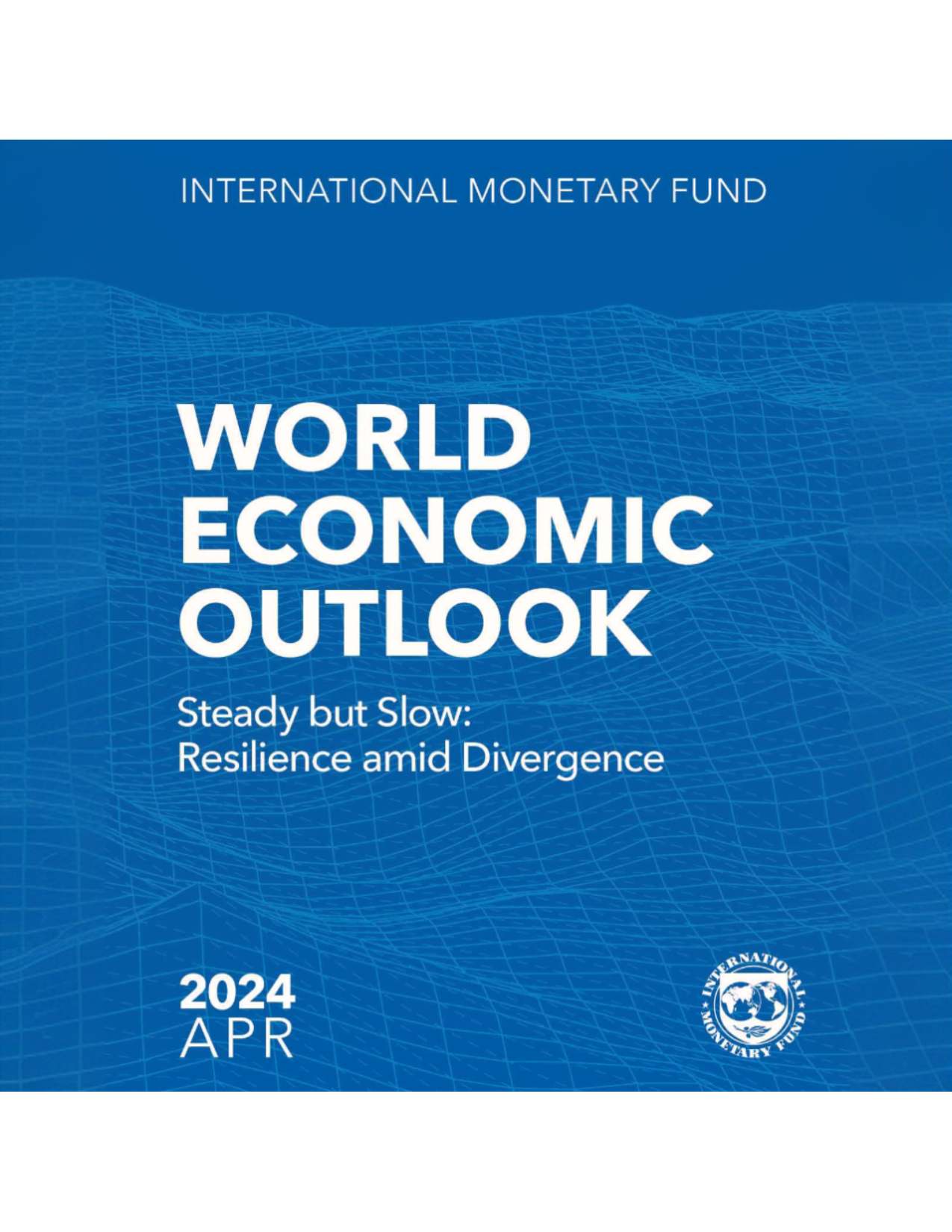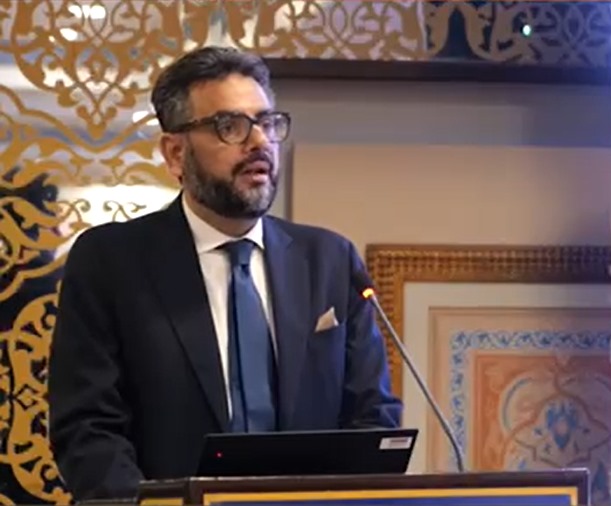March 26, 2021 (MLN): Some observers argue that the State Bank of Pakistan (SBP) Amendment Act, 2021 is radical in nature and essentially translates into the government handing over the country’s central bank to the International Monetary Fund (IMF) as the proposed changes are being done at the behest of the fund.
Opposition parties say that the Act is tantamount to giving away complete control of the SBP to the IMF. Their apprehensions about the bill are not unfounded.
A senior economist argues that proposed amendments in the Act with regards to delinking the fiscal and monetary operations will compromise economic management. Moreover, the SBP has served as a helping hand for the government to finance development projects in the country and the new bill aims to strip those powers away from the central bank.
Governments over the last few decades have relied on the SBP to roll-out lucrative financing packages to various sectors in order to achieve growth targets. Take the Temporary Economic Refinance Facility (TERF) for example. The Act will put a stop to these measures as it aims to change the objectives of the central bank.
The SBP Act is a clear extension of the ideals held by the IMF as to what an independent central bank should look like. In its research note titled “Central Bank Autonomy, Accountability, and Governance: Conceptual Framework”, the IMF lays out clear guidelines on central bank’s autonomy and accountability.
The framework points out that delinking monetary management away from the government is pivotal for central bank autonomy as the government can have many competing objectives.
The framework notes that “even if the government states that it will pursue price stability, the general public knows that it has incentives to compromise—the so-called time-inconsistency problem. The public will accordingly require a risk premium in the form of higher interest rates, which impede sustainable economic growth.”
The first objective for an independent central bank under the framework should be “price stability, as the best contribution monetary policy can make to balanced sustainable growth, is the preferable formulation for the primary objective.” The IMF goes on to advice that “consistent with this broad objective, a specific target—which could, for example, involve explicit inflation targets, maintenance of a fixed exchange rate, or monetary aggregate targets—should be established and published.”
The SBP lays out the proposed amendments in a similar vein arguing that the primary objective of the bank ought to be price stability with financial stability and economic growth as the secondary and tertiary objectives.
The Act also aims at doing away with the quasi-fiscal role currently being played by the central which translates into a stop to government borrowing from the central bank. The central theme to the idea of SBP autonomy is to do away with overlapping of objectives which can lead to a myopic view of monetary management.
The IMF recommendations are almost word-to-word same as it recommends that “the central bank should not finance quasi-fiscal activities.” It further adds that “the central bank should not underwrite and participate as a buyer in the primary market for government securities, except with noncompetitive bids and within the overall limit for credit to the government. Indirect credit to the government, that is, buying outright existing government securities held by the market, or accepting them as collateral, should be guided by monetary policy objectives.”
Towards this, the proposed SBP Act seeks to replace the Monetary and Fiscal Coordination Board with a liaison between the SBP and the finance minister. This essentially translates into greater SBP accountability. If this autonomy is granted, the government and public can hold the central bank accountable for any failure to achieve targets including inflation, depletion of foreign exchange rates, exchange rate mismanagement, etc.
Another important element of the SBP Act is to increase the tenors of the governor and deputy governors from the existing three years to five years with the possibility of a second tenor. The IMF also calls for similar long-term tenors. The argument, for a longer tenor, is: “the term should be longer than the election cycle of the body with the predominant role in selecting the governor.” This allows independence to the central bank regardless of the changing goals of the government before or after the elections.
It is safe to say that the SBP law was almost entirely inspired by the IMF and might just have been written by the fund officials.
Copyright Mettis Link News
40395







